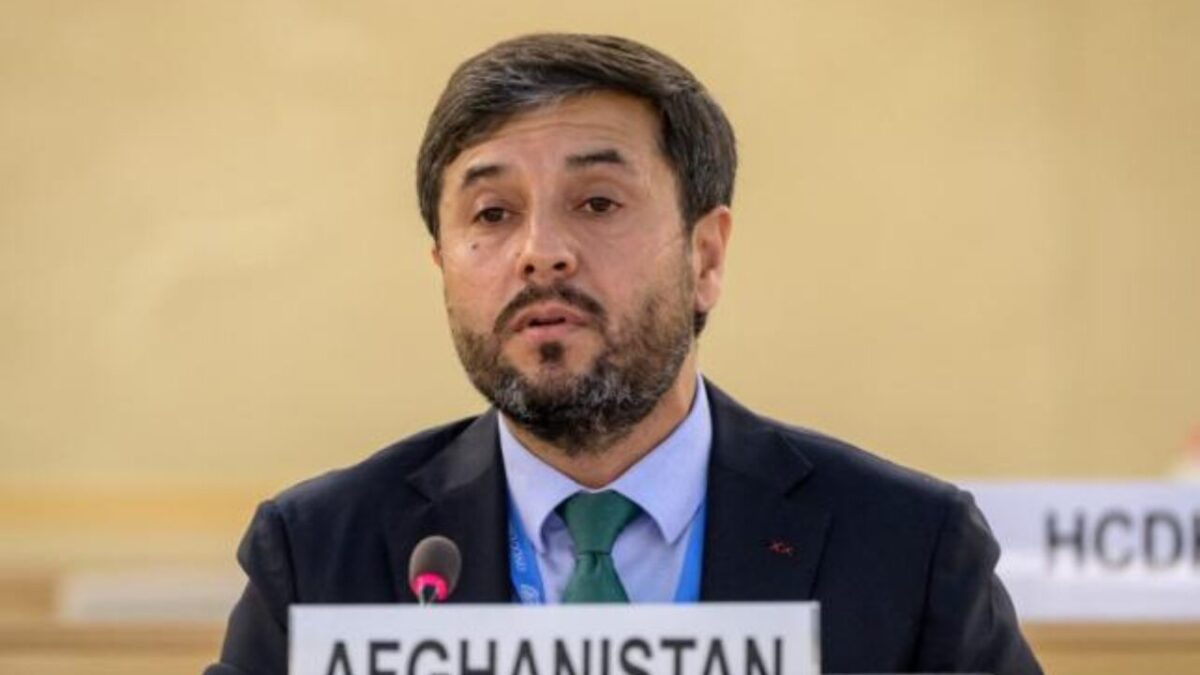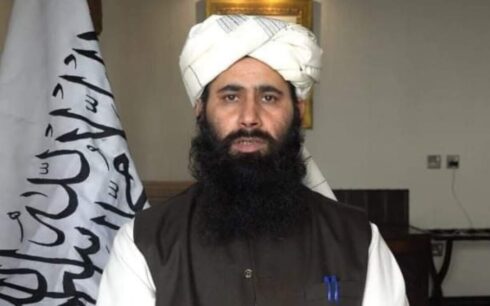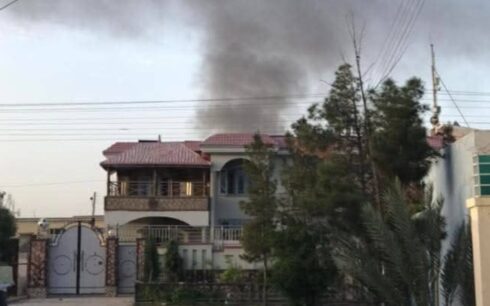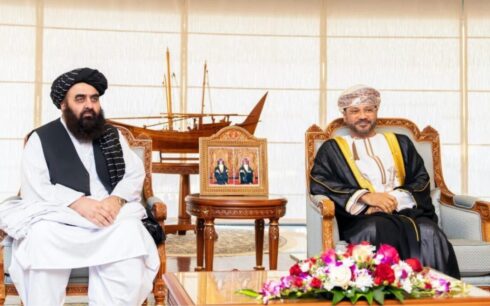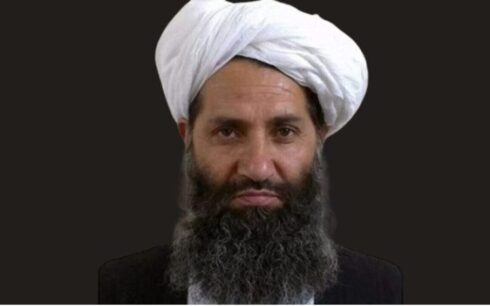Naseer Ahmad Andisha, Afghanistan’s permanent envoy to the U.N. in Geneva, has criticized the U.N. and other hosts for allegedly capitulating to the Taliban’s conditions on protocol, agenda, and participants for the upcoming Doha meeting.
In an Op-Ed for Just Security, Andisha noted that a senior Iranian official confessed to his Russian and Afghan counterparts that efforts to “whitewash a black horse” were futile.
“The wild horse has been nourished well on sweeteners from neighbors and others eager or reconciled to both whitewashing the regime and riding this steed however hard it bucks,” Andisha wrote, emphasizing the importance of who controls the direction of this “wild black horse.”
With almost three years since the Taliban’s military takeover, Andisha argued that regional and international players continue their futile attempts to “whitewash” the Taliban, hoping the extremist group might change, but contended that “the Taliban really hasn’t changed at all.”
He stressed that achieving a peaceful Afghanistan fully reintegrated into the international community requires engaging not only with the Taliban but also placing non-Taliban constituencies, who represent a clear majority of the Afghan people, at the center of the engagement process.
Andisha expressed disappointment in the objectives of the third Doha meeting, which he described as limited and counterproductive. He noted that Western countries, alongside the U.N., seem to be making an all-out effort to ensure the Taliban delegation’s participation, regardless of whether it advances the political process. Meanwhile, powerful players such as Russia, Iran, China, and to a certain extent, Pakistan, aim to prevent the Taliban from attending altogether.
The third round of the Doha meeting is set to begin on Sunday at The Ritz-Carlton in Qatar’s capital, with special envoys from approximately 30 countries and institutions participating. However, the meeting has sparked strong criticism from human rights defenders and women’s rights activists for excluding human rights issues from its main agenda.

